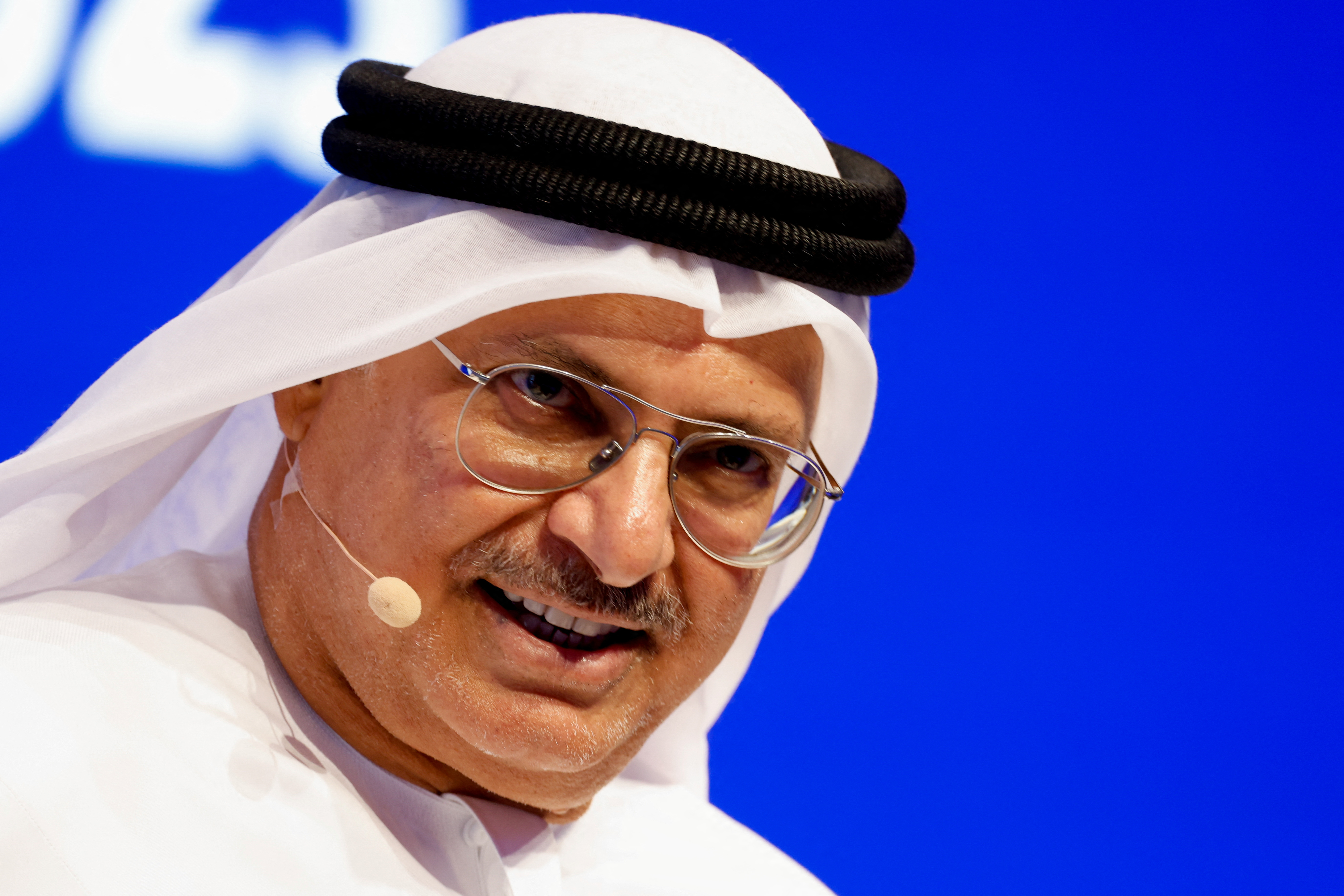Gulf Tour of the UAE President After the Doha Attack: Strengthening Coordination and Diplomatic Response to Israeli Escalation

Gargash wrote in a post on the "X" platform: "The Gulf tour of His Highness the President of the State, may God protect him, comes with a firm conviction towards enhancing coordination and cooperation, and reinforcing the concept of a common destiny."
Sheikh Mohammed bin Zayed was the first head of state to visit Doha after the attack, before heading to Bahrain and Oman, in a move described by diplomatic sources as a clear message of Gulf solidarity amid rising regional tensions.
In a separate statement, the UAE Ministry of Foreign Affairs expressed its rejection of the statements made by Israeli Prime Minister Benjamin Netanyahu, which it described as "hostile" towards Qatar, affirming that any aggression against a Gulf state is considered a threat to the joint Gulf security system.
Netanyahu had publicly threatened Qatar, demanding the expulsion of Hamas officials or their prosecution, stating: "If you do not do that, we will do it," in remarks that sparked widespread criticism from Doha and were considered a serious escalation in the Israeli rhetoric towards Gulf countries.
The Qatari news agency announced that Doha will host an emergency Arab Islamic summit on the upcoming Sunday and Monday to discuss the repercussions of the Israeli attack, amid calls to unify the Arab and Islamic stance in the face of the Israeli military escalation in the region.
These developments come amid the UAE's position as a major oil producer and a regional trade center with wide diplomatic influence, especially after signing a normalization agreement with Israel in 2020 as part of the Abraham Accords, which opened the door for economic and security cooperation between the two parties, now facing a sharp political test.